|
Cover: Lydia Renee Armstrong Photo by Lydia Renee Armstrong Sony Cybershot I recently had the pleasure of discussing Thicket of Trash with photographer, poet, and master selfie-taker, Lydia Renee Armstrong. Jason Bates: What is Thicket of Trash? Lydia: Thicket of Trash is a portrait photography project that examines ideas surrounding self-image and societal expectations of self-image. The main thing I think about when I take these pictures is the idea of how we see ourselves and how others see us, and how we are influenced by that. I think there’s a stigma surrounding selfie-culture and so-called “Instagram models,” where people are made to feel like it’s shallow to explore yourself in imagery and shame those who take photos of themselves or celebrate themselves visually. I think that’s damaging to positive self-image, and part of what I’m doing with Thicket is challenging those stigmas and reclaiming ownership of my personhood. Felina Tucciaronre Photo by Lydia Renee Armstrong Disposable Camera J: What was the inspiration behind it? L: The very first Thicket of Trash shoot was with my cousin Felina, who is the only other person aside from myself who has ever photographed me for the project. So far, anyway. We did a shoot with disposable cameras, and the idea was to use ourselves and how we decided to portray ourselves to make interesting images. So we planned out our makeup and hair, and what we would wear and what sort of settings we wanted to be in, to see how we could use these things to make a cool or interesting picture. It was kind of like using ourselves and these resources as media, just like you would use paint on canvas. I liked the results so much, I started photographing myself at home using the self-timer on my digital camera. At first, I was just putting on makeup and fun clothes and trying to get a good shot, but then I realized what interested me most was the lines of the human body, so I did a shoot wearing basically tights and a leotard, and then I started shooting myself topless and eventually nude. Which opened up a whole new bag of questions for me surrounding societal judgments on the body, and sexuality. I wanted to challenge the idea that a nude photo was inherently sexual, that a naked body was inherently sexual, that it is somehow taboo to present yourself that way. Lydia Renee Armstrong Photo by Lydia Renee Armstrong Sony Cybershot J: You are both subject and photographer in many of the pieces. What are the challenges and rewards of being both? How is it different when you are not behind the lens? Or when you are not in front of it? L: I’m trying to branch out and photograph other people more often, which I’ve done a little bit. I want others to be able to explore their own self-image and hopefully be able to use these photos to make people more comfortable with themselves and feel good about themselves. I wonder if we didn’t shame people so much for liking themselves, or posting a selfie, and encouraged people to be more comfortable with their physical selves, how much more of their total potential they’d feel more open about sharing with the world. If we can accept and celebrate what’s on the outside, maybe we can get more comfortable letting out what’s on the inside. A lot of what I do with Thicket is self-portraiture. When I’m both in front of and behind the camera, I have total control over creating the image I want, and I can convey the sort of ideas and attitude I want to get across. I know what I want and how to make it happen from both sides. I have a film camera now as well, and love to play with that because I can’t see how the images turn out until they develop, so I have to be really present in the moment. I think what a lot of people don’t get when they see my self-portraits is that I always identify more as the photographer than as the model. When I take a photo of myself, I see myself behind the camera, not in front of it. When I’m photographing other people, I have to sort of tap into what that person is all about and how they would want to be seen, so there’s more trial and error, and it requires me to pay more attention to what I’m doing overall. Everyone I’ve photographed so far is someone I’m close to so that helps, but I try to ask questions and get a good idea of what they want in the image, because the whole point is to make them feel good about themselves and give them a sense of power and worth in those photos. Lydia Renee Armstrong Photo by Felina Tucciarone Canon AE-1 35mm J: What is the process like for you? Where do the ideas come from? How do you decide what to photograph? L: Some of the images I make are meant to convey a deeper idea, and some of them I just thought would make a good photo. There’s almost two sides to Thicket of Trash--there are the self-portraits and the nudes, which are meant to challenge societal expectations and are part of a personal journey of my own, and then there are shoots that are more about an interesting photo. I’m really inspired by fashion photography, and so I’ve done shoots wearing a cocktail dress in a laundromat and evening gowns in the park or on the playground. I really like the idea of being really dressed up in a setting where you wouldn’t normally dress up. I like the juxtaposition of that. The self-portraits and the nudes come from a much more personal place. These are an exploration of myself as much as they’re an exploration of the ideas I’m challenging, and they’re part of a journey I’ve been on this year to get more accepting of myself. A lot of this project is actually about self-love, about learning to love and celebrate myself, and hopefully inspire others to work on that too. It’s the outside of my body that I’m photographing, but really it’s the inside parts of me that I’m trying to get comfortable with, my worth and validity as a person. Whitney Padgett Photo by Lydia Renee Armstrong Pentax K1000 J: How does photography compare to other creative work like writing? L: I’ve been working on a novel for years, and I write poetry and do spoken word around town, and writing has been my creative focus for a long time. Ideally, I want to write novels for a living. That’s what I want to do. But I started doing Thicket of Trash, and it’s kind of taken over. I think writing is more cerebral for me, and Thicket is more visceral. When I write, especially if I’m working on the novel, I have to really focus and get all my ducks in a row and spend this stretch of a few hours doing something that’s really concentrated and tedious and mentally engulfing. When I’m shooting for Thicket, I’m in my body. I’m moving around in front of a camera, I’m having to run back and reset the timer or the shutter if I’m shooting myself, I’m moving around taking photos of someone else, and it’s also more emotional. The ideas are more emotionally inspired. I’m less in my head, and more in my heart and body. I’m still working on the novel and doing poetry readings, but I think where I am in my life right now and what I need creatively is just better suited for Thicket of Trash. Lydia Renee Armstrong Photo by Lydia Renee Armstrong Sony Cybershot J: Who are your favorite photographers? L: Robert Mapplethorpe is probably my number one. I love his early self-portraits and the sharp lines in some of his later nudes. His subject matter would be pushing the envelope even today, but he was doing graphic male nudes and homoerotic photography in the seventies. He caught a lot of flack for being pornographic, but I think he just felt like he was making art. Steven Meisel is a fashion photographer I really love. I stole the laundromat idea from a shoot he did for Vogue in 2005. He also does great portraiture work that captures expression and movement in the body really beautifully. Someone recently reminded me of Francesca Woodman, who was a young woman that made really haunting self-portraits and pictures of women, and killed herself when she was only 22. I love Diane Arbus. I recently got into a photographer named Lisette Model who did street photography around the forties and fifties and took a lot of pictures of older women that are really amazing. J: Where can people find Thicket of Trash? L: Right now I mostly post photos on my Instagram, @lydiareneearmstrong. I also have a few photos coming out in Dark Ink magazine soon. Whitney Padgett Photo by Lydia Renee Armstrong Pentax K1000 J: Why is Thicket of Trash not already a beautiful coffee table book? L: I feel like the coffee table book is something you do later in life when you have a body of work to look back on, and there are enough people out there who care about what you do to actually buy a coffee table book of it. But I am thinking about putting together a gallery show next year. I’m starting to put together a collection that I would want to show, and researching galleries that might be interested in what I’m doing. So we’ll see. 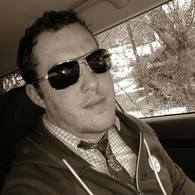 Jason Bates will interject movie quotes into conversations even when the person on the other end has never seen the movie being quoted. His writing has appeared in Before I Leave...Lit Zine, Figroot Press, and aLiteration Magazine, and upcoming in River City Poets Anthology. He is also the founder of Spider Mirror Journal. Comments are closed.
|
AuthorWrite something about yourself. No need to be fancy, just an overview. Archives
April 2024
Categories |
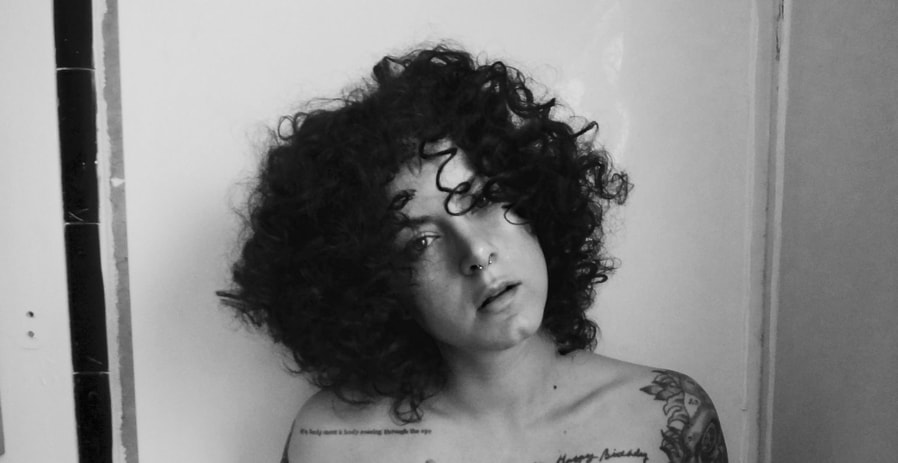
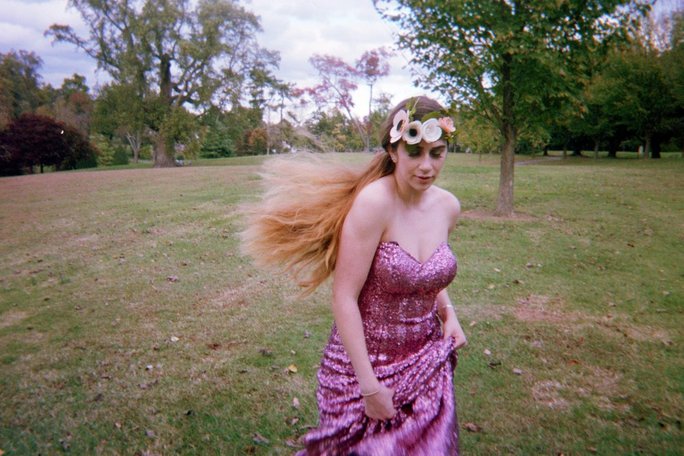
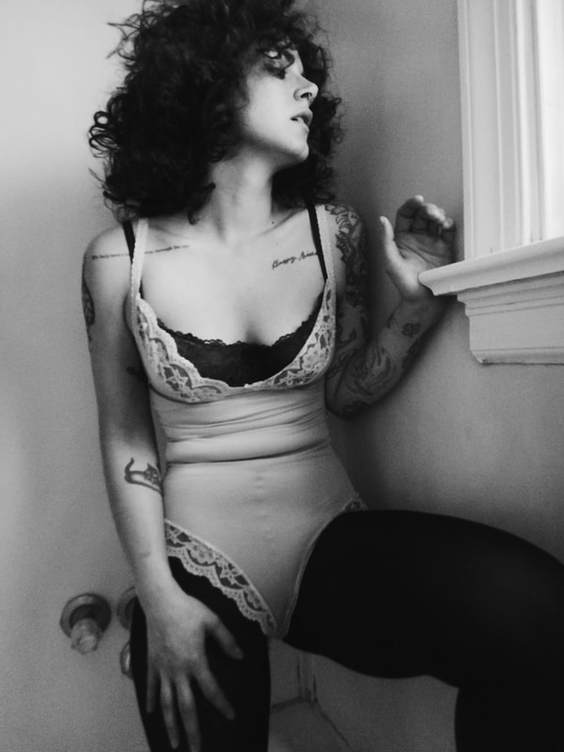
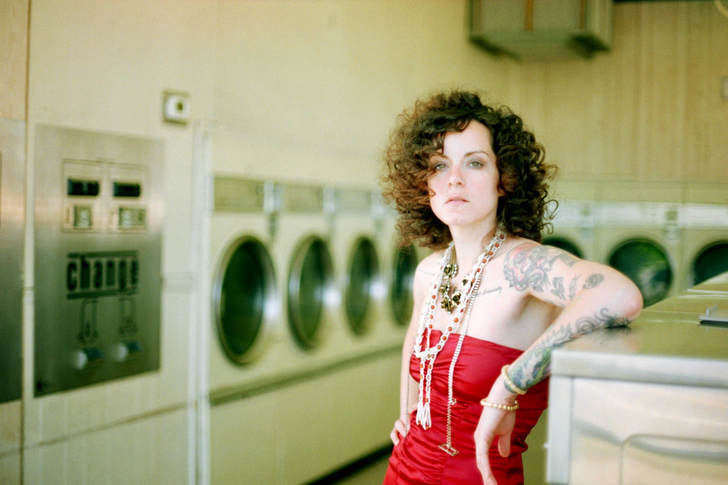
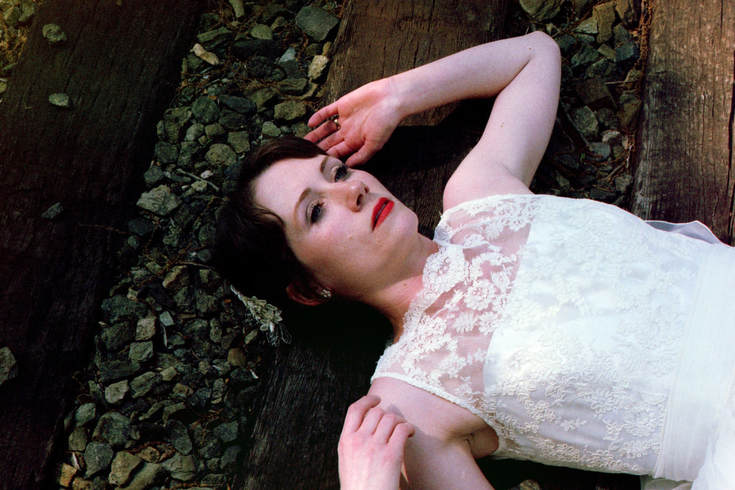
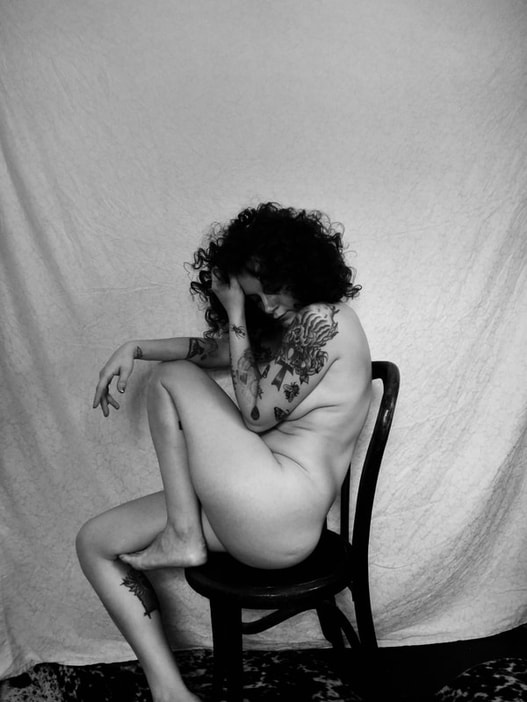
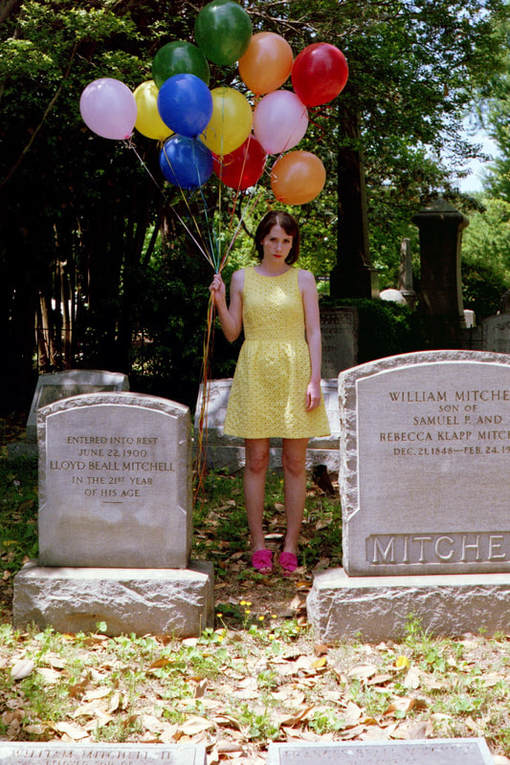
 RSS Feed
RSS Feed
